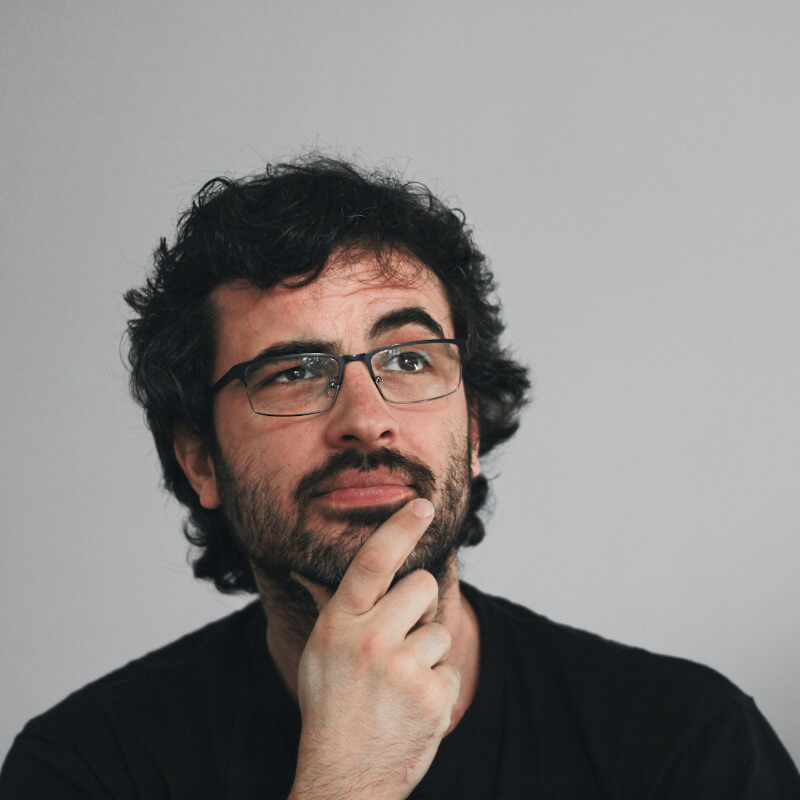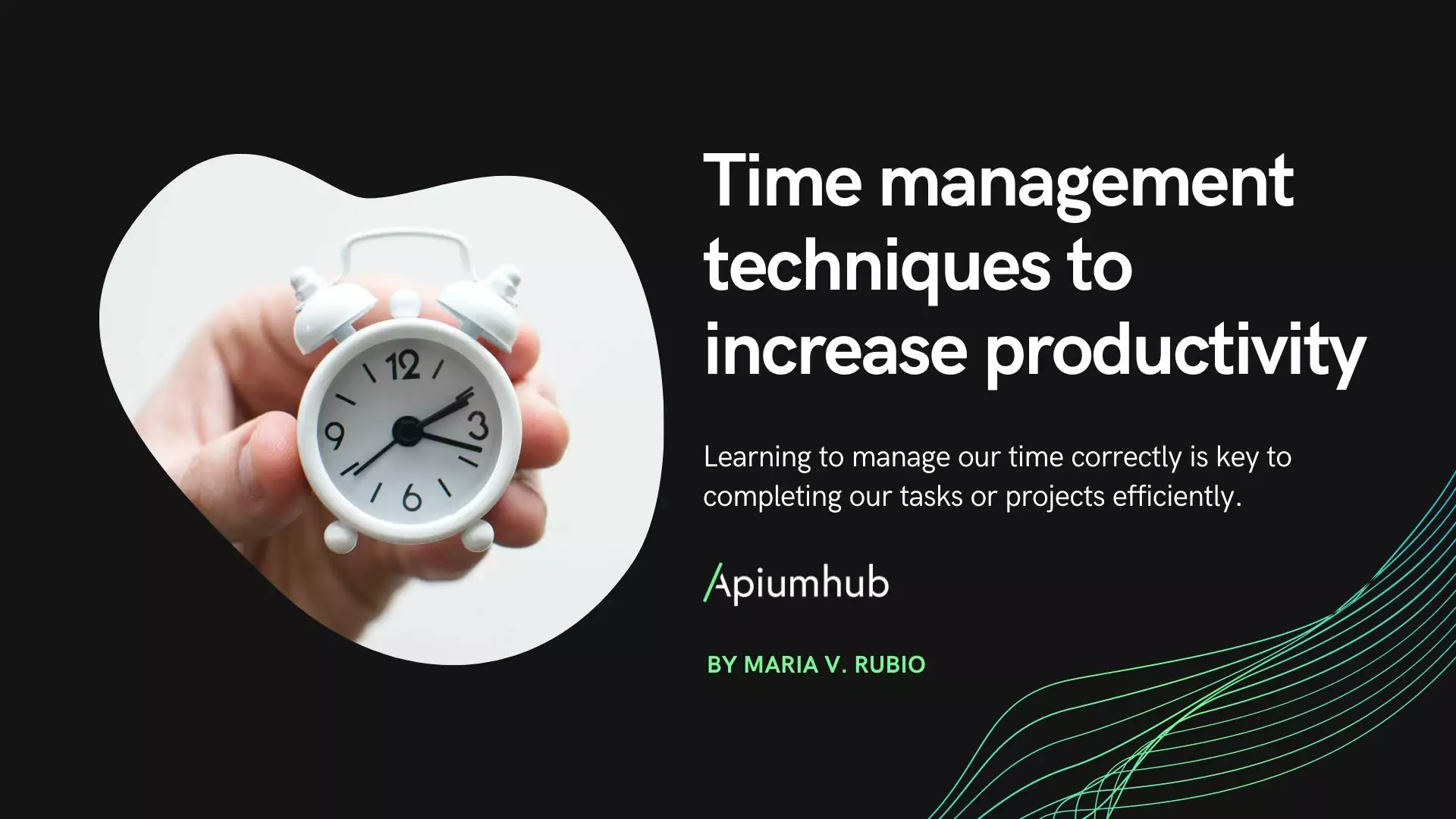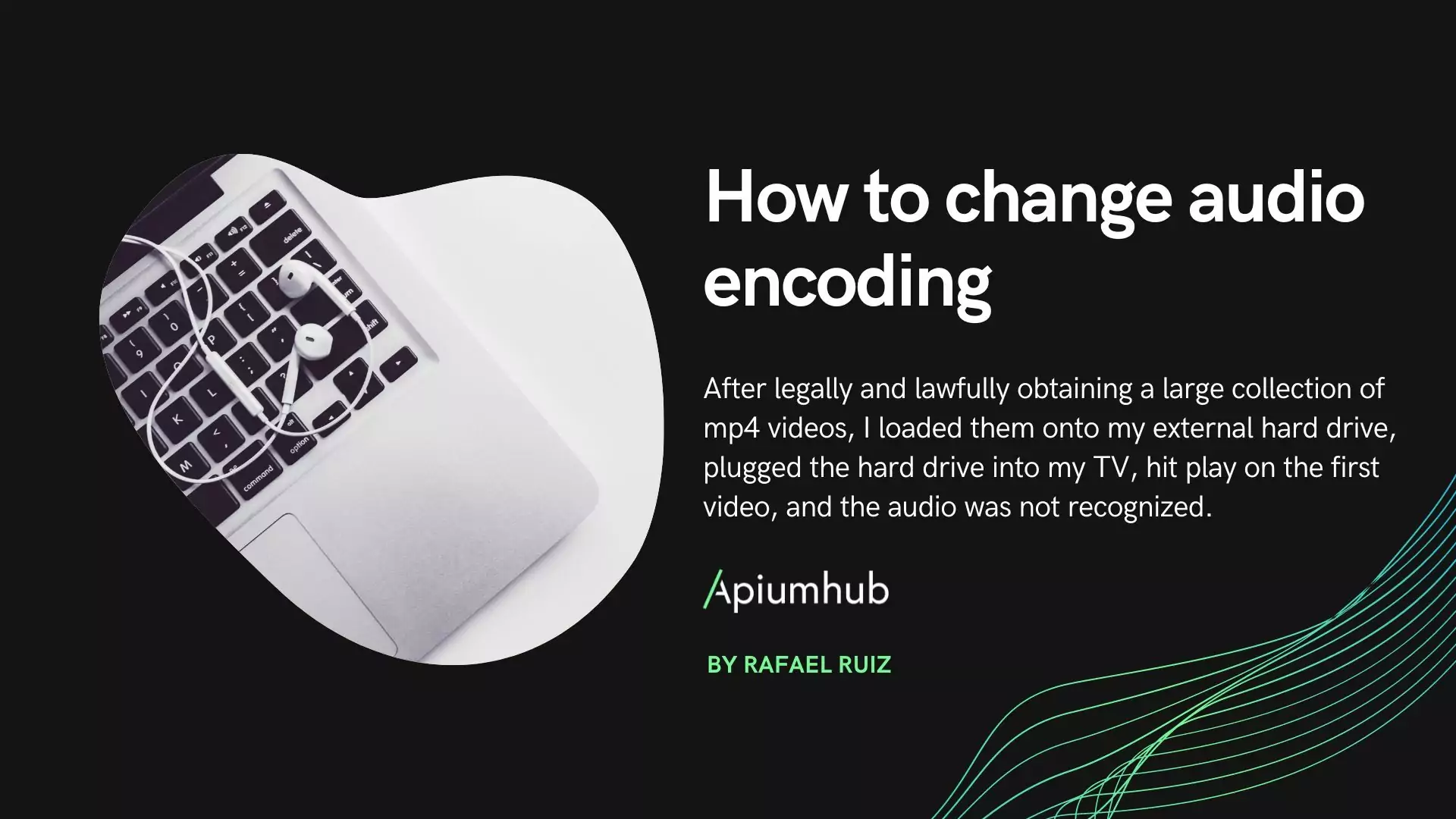Table of Contents
As programmers, we are constantly reading blogs or books about the latest trending topics, the new technologies… all about our work but we may forget about us, how to treat us better.
In my previous post, we already talked about how to stay healthy and avoid burnouts. In this post, I would like to share some non-tech books that have helped me to grow as a person, which in the end helped me to be a better programmer and be more productive.
The 7 Habits of Highly Effective People
This is already a classic written by Stephen R. Covey in 1989 which has sold millions of copies around the world. Covey shows a guideline to being effective in attaining goals following some habits that one has to learn step by step.
We are what we repeatedly do.
Excellence, then, is not an act, but a habit.
ARISTOTLE
There are 3 habits that you must work on yourself:
- Be proactive
As human beings, we are responsible for our own lives.
- Begin with the end in mind
To have a main objective and plan how to achieve it..
- Put first things first
We should be working mainly on what is important but not urgent. If everything we do is urgent, something wrong is happening. And if things are not important, we shouldn’t be distracted by them.
There are 3 habits to interact with other people:
- Think win–win
In any type of relationship, both parts should always be winning. When one of the parts is losing, there is no right collaboration.
- Seek first to understand, then to be understood
Put in place of the other person, try to understand them.
- Synergize
Find solutions that fit everybody.
There is a final habit above all:
- Sharpen the saw
Increase motivation, energy, and work/life balance by making time for renewing activities.
Continuous learning and improvement, as one of our values 😉
These seven habits were written a long time ago but they are still valid in our modern world. Read them carefully and think about them.
How to Win Friends and Influence People
Another classic, in this case from 1936 (although there is a revision from 1981) by Dale Carnegie. With comprensible examples, Carnegie gives us some techniques about how to talk and deal with other people. As the previous recommendation, even though that book was written so many years ago, it is still valid to our days. And in the IT world, where people tend to be more introverted, it can be really helpful.
It’s divided in 4 parts, with a list of recommendations:
- Fundamental Techniques in Handling People
- Don’t criticize, condemn or complain
- Give honest and sincere appreciation
- Arouse in the other person an eager want
- Six ways to make people like you
- Become genuinely interested in other people
- Smile
- Remember that a person’s name is to that person the sweetest and most important sound in any language.
- Be a good listener. Encourage others to talk about themselves.
- Talk in terms of the other person’s interests
- Make the other person feel important-and do it sincerely
- Win people to your way of thinking
- The only way to get the best of an argument is to avoid it
- Show respect for the other person’s opinions. Never say, “You’re wrong.”
- If you are wrong, admit it quickly and emphatically
- Begin in a friendly way
- Get the other person saying “yes, yes” immediately
- Let the other person do a great deal of the talking
- Let the other person feel that the idea is his or hers
- Try honesty to see things from the other person’s point of view
- Be sympathetic with the other person’s ideas and desires
- Appeal to the nobler motives
- Dramatize your ideas
- Throw down a challenge
- Be a leader
- Begin with praise and honest appreciation
- Call attention to people’s mistakes indirectly
- Talk about your own mistakes before criticizing the other person
- Ask questions instead of giving direct orders
- Let the other person save face
- Praise the slightest improvement and praise every improvement. Be “hearty in your approbation and lavish in your praise.”
- Give the other person a fine reputation to live up to
- Use encouragement. Make the fault seem easy to correct
- Make the other person happy about doing the thing you suggest
Atomic Habits: An Easy & Proven Way to Build Good Habits & Break Bad Ones
In the previous books, habits are key for success to get what we want to achieve. But sometimes it is not that simple. Great habits are difficult to consolidate, bad habits are difficult to be changed or removed. In this book, published in 2018, James Clear talks about everything related to habits:
- How to start a new habit. For example, with the 2 minutes rule. You start doing a new habit but just for 2 minutes at the very beginning. It’s more important to show up and do it consistently, than start with a lot of energy and leave it aside a few days or weeks later.
- Be 1% better each day. Bit by bit, in the long term it is a huge improvement.
- How to break bad habits: for example, do it more difficult for you to do it. Like if you want to give up smoking, don’t have cigarettes at home.
- On the contrary, to have great habits, make it easier to achieve them. You want to eat healthier, have fruits and vegetables in the kitchen instead of snacks.
My main takeaway from this book is that being a bit better each day, having in mind your goals, with consistency and showing up every day, even just for a while, in the long term may have great results thanks to the compound effect.
Stillness is the Key by Ryan Holiday
In a world full of distractions, where the latest news or the trending topics are around us and dictates what to do, to watch, what to think. Ryan Holiday tries to show us an ancient way of living, which we may have forgotten but should be very present among us to have a more fulfilled and less stressed life.
Through some examples from lives from the ancients like Seneca or Marcus Aurelius, to modern lives like Thich Nhat Hanh or Nietzsche, Holiday guides us to follow stillness. Not in the sense of not doing anything, but to avoid distractions, to be fully present, to sit and reflect when, for example, we are in the middle of a crisis. Instead of reacting emotionally, the author talks about taking the needed time to think about it, especially if we want to get it right, if we want to perform our best.
My recommendation is to read this book and take lots of notes. And reread the notes from time to time to remember the great knowledge shared in it.Here is one of my notes:
Only those of us who take the time to explore, to question, to extrapolate the consequences of our desires have an opportunity to overcome them and to stop regrets before they start. Only they know that real pleasure lies in having a soul that’s true and stable, happy and secure.
The Monk Who Sold His Ferrari
This is a self-help book written by Robin Sharma in 1999. In this case, it’s the only book from the list which is a novel, derived from the author’s life after he left his career as a lawyer. In the form of conversation, one of the characters talked about how he has changed his life with some spiritual experiences. From this conversation you can take plenty of thoughts and reflections that may help you on a daily basis.
Take time to know yourself, to think about how the day went, what went wrong, what went well.
Think positively.
Train your willpower to do those difficult things you don’t want to do, to have new great habits..
Live your life.
It’s an easy to read book that will inspire you and for sure and give you some hints to improve your daily routines.
Think like a monk: Train Your Mind for Peace and Purpose Every Day
Written in 2020, Jay Shetty explains what he learned from his experience as a monk during 3 years and how those learnings can be applied in our daily lives. How to overcome our natural negative thoughts and habits and how to be more calmed in our lives and to live with a purpose.
From the book:
There are 3 ways to create space for reflection. First, on a daily basis you sit down to reflect on how the day went and what emotions you are feeling. Second, once a month go someplace you’ve never been before to explore yourself in a different environment (visit a park, a library, taking a trip). Finally, get involved in something that’s meaningful to you (a hobby, a charity, a political cause).
The less time you fixate on everyone else, the more time you have to focus on yourself.
Read the book and you’ll experience what Shetty lived as a monk and you may learn some habits to introduce in your routine.
How to Make Good Things Happen: Know Your Brain, Enhance Your Life
Written in 2021 by psychiatrist Marian Rojas Estapé, this non-tech book guides us to a better, healthier and happier life through neuroscience, explaining how the brain reacts and works in different situations of life (e.g. stress)
Notes from the book:
Social connections benefit us, and loneliness kills. People who have more bonds with family, friends, or a wider community are happier, healthier, and live longer than people with fewer relationships. Loneliness has been shown to be profoundly toxic.
Happiness doesn’t lie in what happens to us, but in how we interpret what happens to us. It depends on the way we assimilate reality; our capacity to orient or focus that assimilation is key to our ability to be happy.
A good book for a better understanding of ourselves and to help us to improve our quality of life.
This is my recommendation list that will give food for thought and to start thinking in a more positive way, to be more calm under all heavy situations, and in the end, to have a better life. Hope you enjoy these books!
Author
-

Experienced Full Stack Engineer with a demonstrated history of working in the information technology and services industry. Skilled in PHP, Spring Boot, Java, Kotlin, Domain-Driven Design (DDD), TDD and Front-end Development. Strong engineering professional with a Engineer's degree focused in Computer Engineering from Universitat Oberta de Catalunya (UOC).
View all posts








